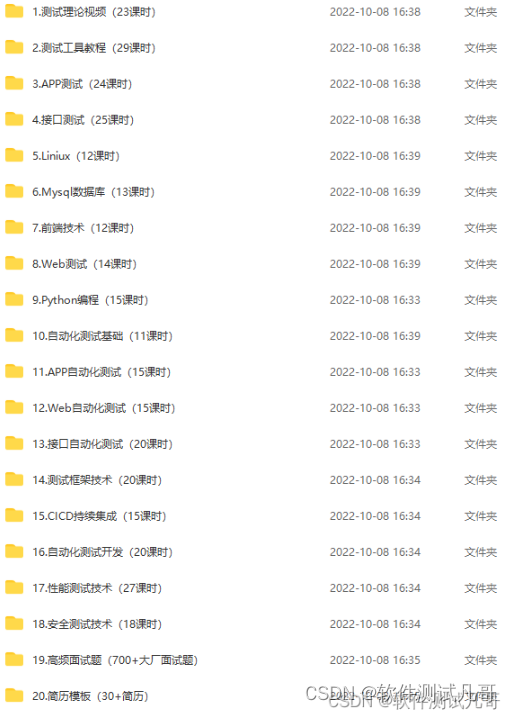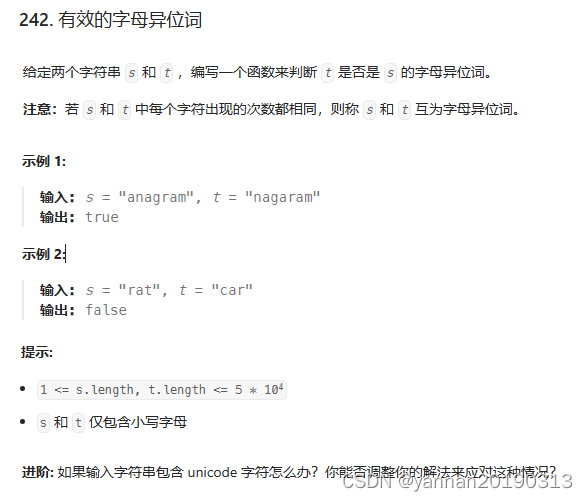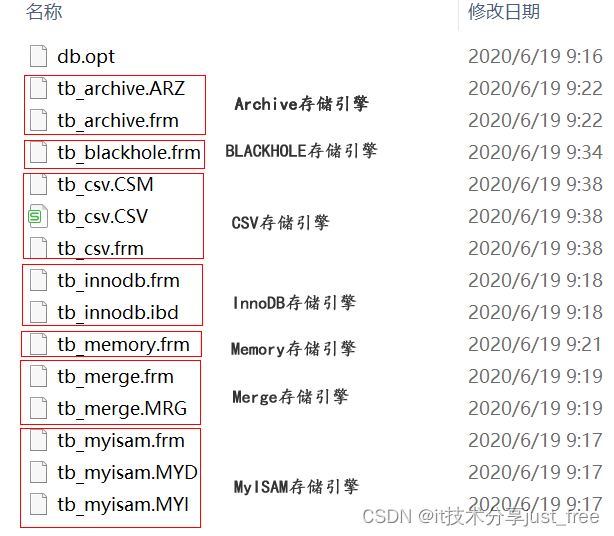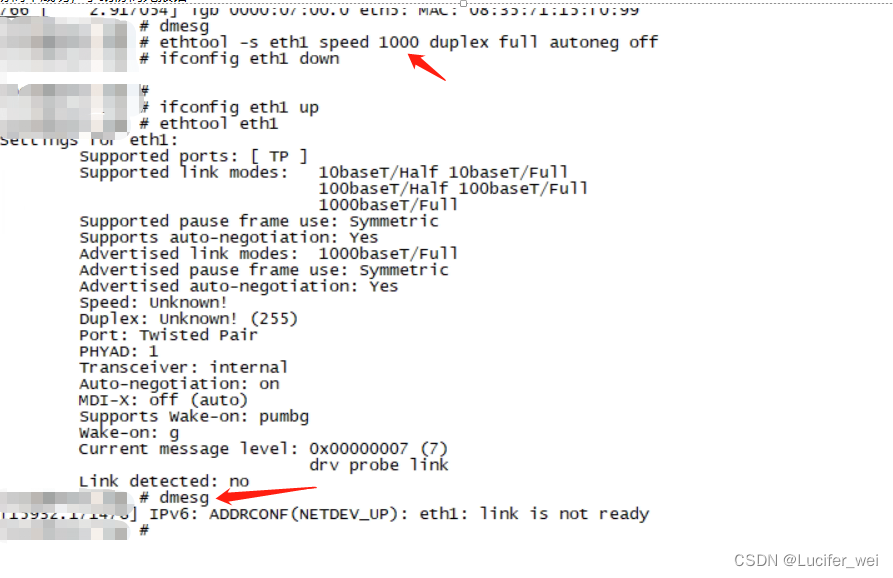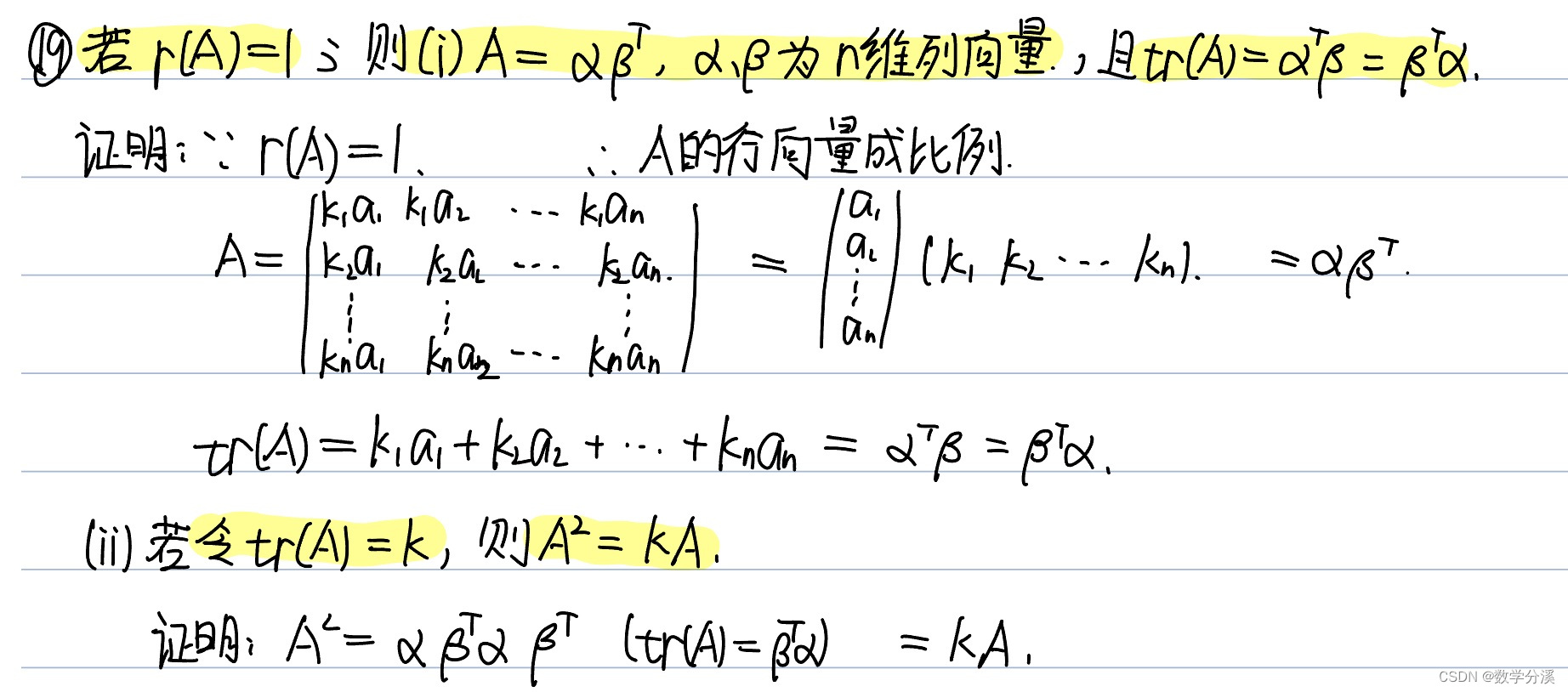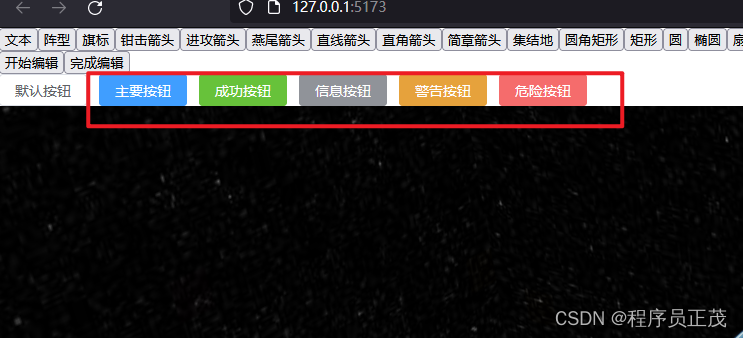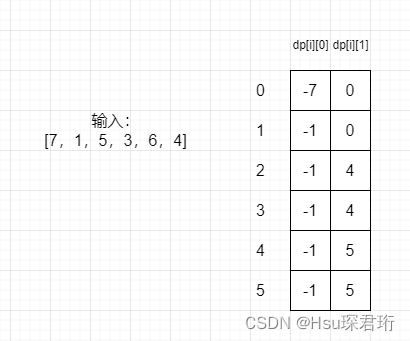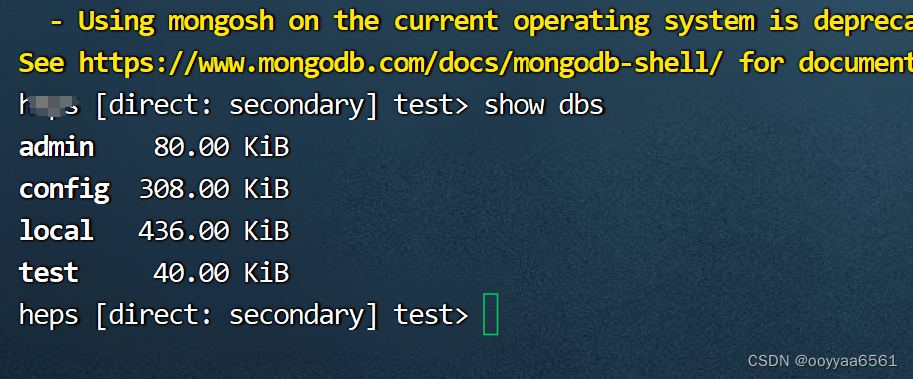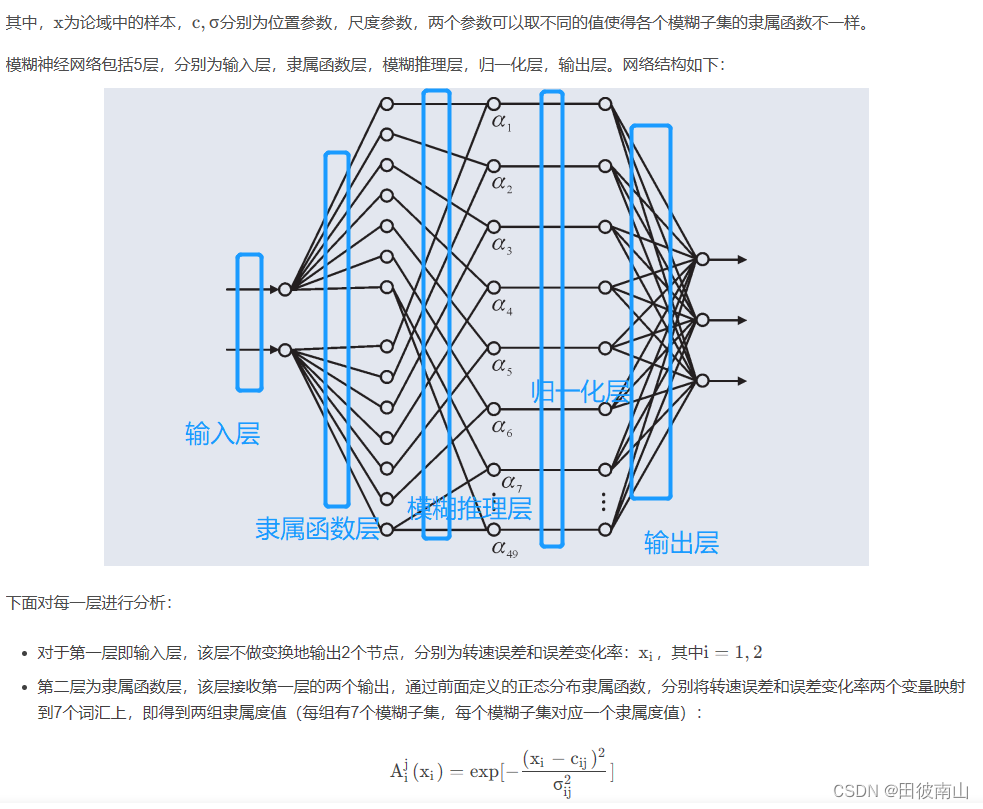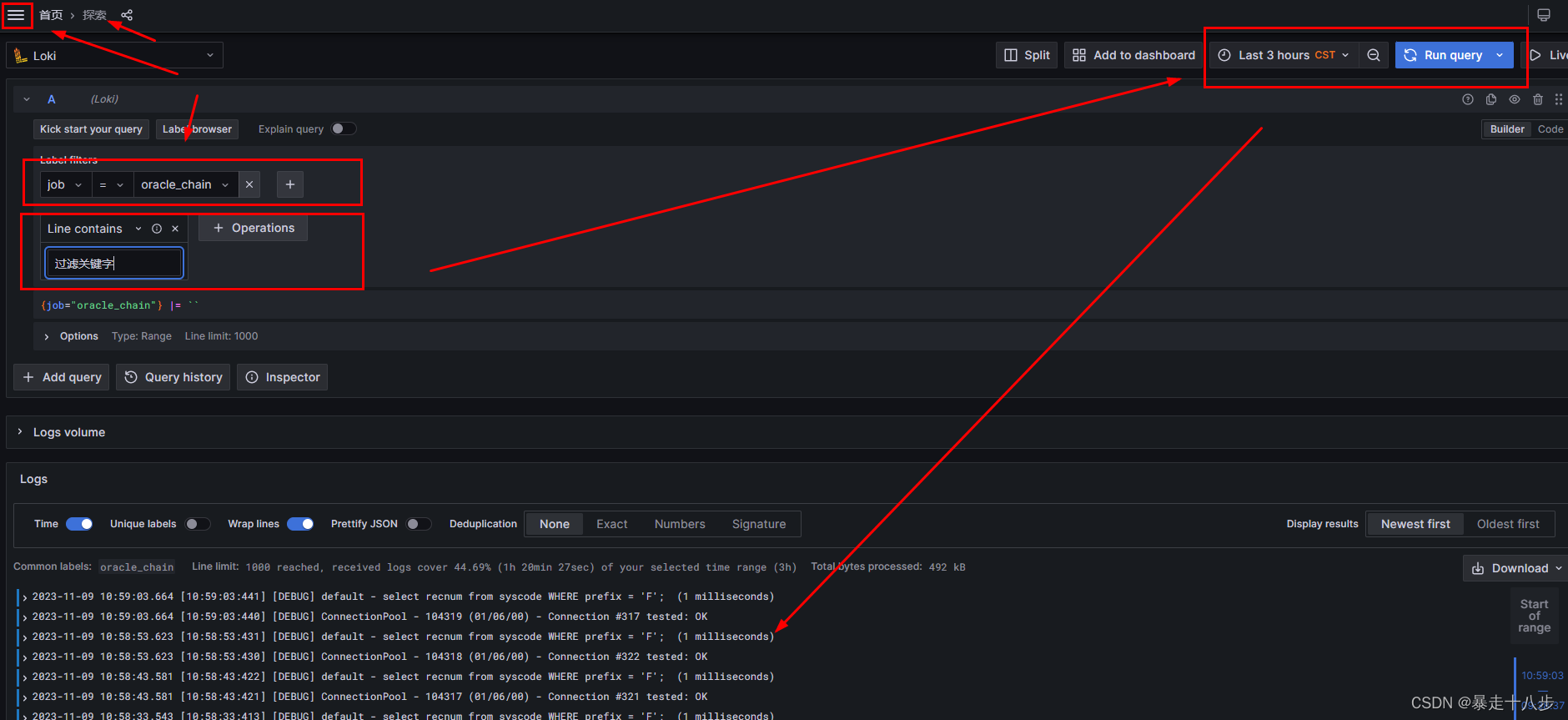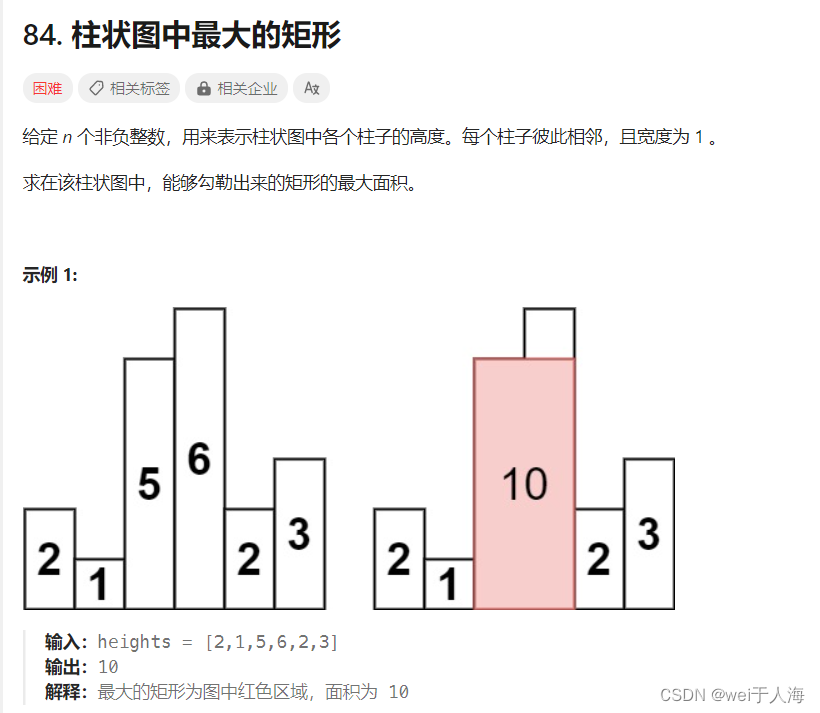文章目录
- 1 remove()
- 1.1 函数原型
- 1.2 参数
- 1.3 返回值
- 1.4 示例
1 remove()
1.1 函数原型
remove():删除文件,函数原型如下:
int remove(const char *filename);
1.2 参数
remove()函数只有一个参数filename:
- 参数filename是一个指向待删除文件的文件名的指针,类型为char*。
1.3 返回值
remove()函数返回值类型为int型:
- 删除成功,返回0;
- 删除失败,返回-1。
C语言标准描述如下:
3. Each of these functions returns 0 if the file is successfully deleted.
4. Otherwise, it returns –1 and sets errno either to EACCES to indicate that the path specifies a read-only file, or to ENOENT to indicate that the filename or path was not found or that the path specifies a directory.
5. This function fails and returns -1 if the file is open.
当文件已打开、文件不存在、文件只读或文件没有足够的访问权限时,文件删除会失败。
1.4 示例
使用remove()函数删除文件,示例代码如下所示:
int main()
{
//
char filename[80] = { 0 };
char check[20] = { 0 };
//
while (1)
{
//
printf("请输入要删除的文件名:");
gets(filename);
//
printf("请确认是否要删除文件(确认删除输入是,否则输入否):");
gets(check);
//
if (strcmp(check, "是") == 0)
{
if (remove(filename) == 0)
{
printf("Success to delete file %s.\n", filename);
break;
}
else
{
printf("Failed to delete file %s.\n", filename);
}
}
}
return 0;
}
代码运行结果如下图所示:

